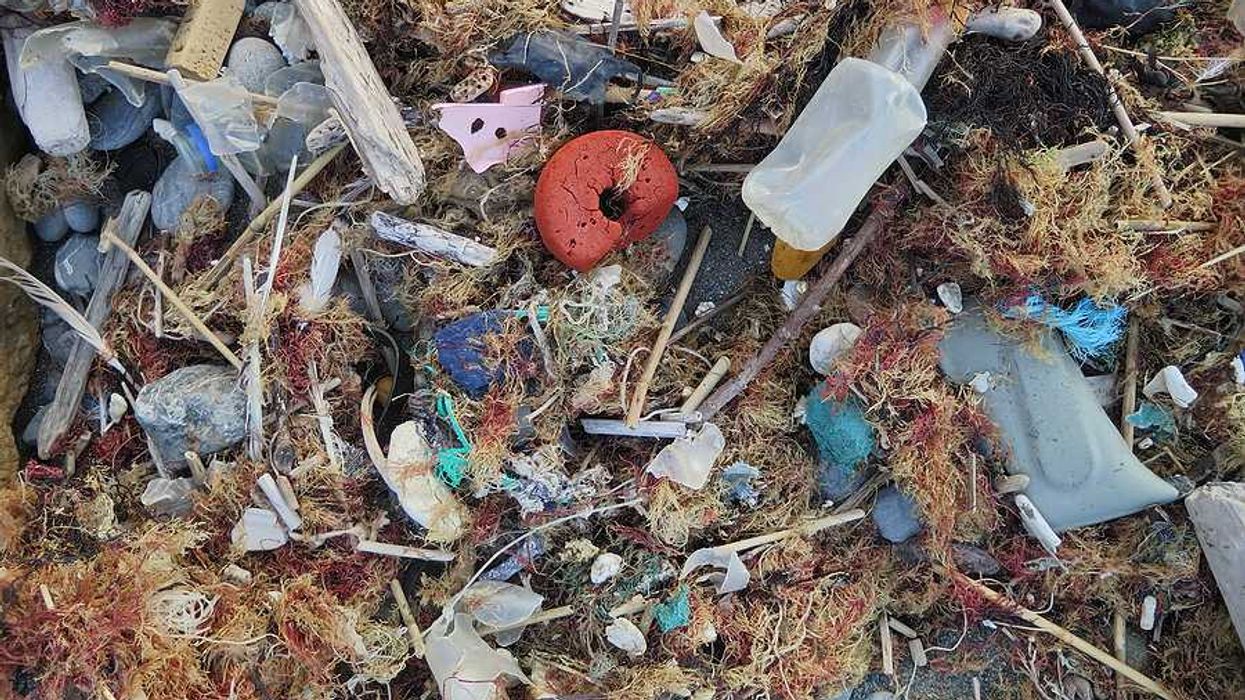Teahupo’o, Tahiti, the site of the Paris Olympic surfing events, was exposed to radiation from a French nuclear test in 1974, causing long-term health issues for residents.
Hannah Beech reports for The New York Times.
In short:
- In 1974, a French nuclear test caused high radiation levels in Teahupo’o, Tahiti.
- Residents, including children, suffered from radiation-induced cancers, with 60 current cases in the village.
- French Polynesia continues to grapple with the legacy of nearly 200 nuclear tests conducted between 1966 and 1996.
Key quote:
"I am happy that we have the Olympic surfing, and I am proud that everyone in the world will know Teahupo’o. But sometimes, when I see the suffering of my family, I hate France."
— Roniu Tupana Poareu, mayor of Teahupo’o
Why this matters:
Nuclear testing in French Polynesia has left a lasting impact on the health of its residents and their environment. This legacy raises concerns about the long-term consequences of nuclear activities in vulnerable regions.
Related EHN coverage:














